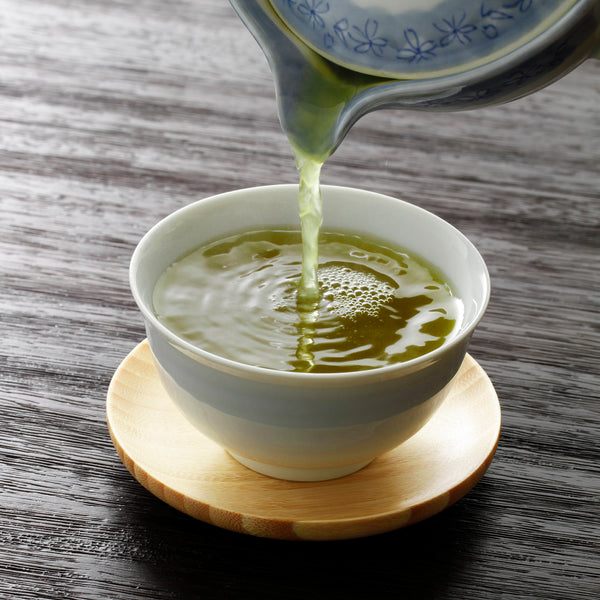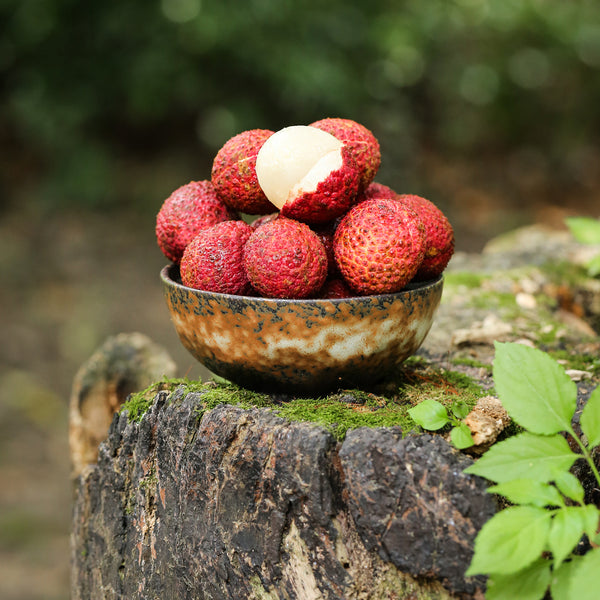Supported by 30 human clinical trials, Oligonol is a patented, low-molecular-weight polyphenolic extract derived from lychee fruit (85%) and green tea (15%) with excellent absorption and multiple anti-aging benefits.*[1],[2] It addresses the three major causes of aging: poor blood circulation, oxidative stress and inflammation.*[3],[4], [5],[6],[7]
Winner of the 2007 Best New Product Award at the 3rd International Conference on Polyphenols and Health (ICPH IFIA/HFE), NutrAward for Best New Ingredient in 2008 and the SupplySide West Scientific Excellence Award in 2011, Oligonol has been clinically shown to:
Because of its effect on circulation, oxidation and inflammation, Oligonol may also support cardiovascular health.*
Everyday millions of athletes and gym goers across the world think, how can I take my training to the next level?
Most commonly people try cutting out fast food, changing diets, finding new workout plans, and even unnatural supplements. But what if those don’t work?
Oligonol is an all natural sports nutrition ingredient. Derived from the lychee fruit, it works to greatly enhance circulation, which improves the skin, heart, and energy levels.
Other supplements can take time, and won’t be fully absorbed. But due to Oligonol's low molecular weight, it can be easily absorbed and quickly used throughout the body, so you can go from feeling like this, to this.
Oligonol also comes with a wide range of benefits, from sports nutrition to everyday health. Oligonol can help maintain a healthy weight, increase metabolism, reduce the effects of heat stress and fatigue, and increase endurance.
If you’re looking for that next level, look no further than Oligonol.
We all live busy lives, which means finding the time to be active is tough. Whether you’re already hard at work training, hoping to lose a few extra pounds, or simply trying to maintain a healthy lifestyle, you can’t settle for anything less than the best.
Oligonol is an innovative, award-winning ingredient developed specifically to greatly enhance circulation which can help provide a boost in energy, benefit overall heart health , and maintain healthy skin to help tackle even the toughest challenges in your day.
Oligonol is a polyphenol - a type of antioxidant - with superior bioavailability and anti-aging benefits, it works naturally to target visceral fat on the body, and support the growth of lean muscle mass. Its quick absorption effects allow it to be an excellent combatant to heat stress and fatigue, so you can be productive all day long.
Derived from naturally farmed lychee fruit and green tea, Oligonol is a naturally friendly ingredient, as well as gluten, dairy, and pesticide-free.
















)
The polyphenols from lychee fruit and green tea featured in Oligonol:
Increase production of nitric oxide, improving circulation*[15],[16]
Neutralize free radicals*[17]
Reduce UVB-induced COX-2, to protect cell health*[18]
Support healthy levels of inflammatory cytokines*[19]
Inhibit the enzyme collagenase, promoting skin health*[20]
)
Oligonol is made from lychee fruit and green tea, both of which have a long history of human consumption. Oligonol has been accepted by the FDA as GRAS and it is Kosher and Halal-certified. Multiple studies on humans and animals have confirmed its safety.*[21],[22],[23],[24],[25]
[1] Miura T, et al. Edited by Bagchi D, et al. Biotechnology in Functional Foods and Nutraceuticals. Chapter 6, 2010.
[2] KulKarni A, et al. Presented at the International Conference and Exhibition on Nutraceuticals and Functional Food. 2009 (INSFF2009).
[3] Bioequivalence study of Oligonol. Report, Amino Up Chemical Company, Ltd. Japan. 2007 Jun 13.
[4] Hackman R, et al. HHPoPo Polyphenols Communications. 2008;2(T5.79)
[5] Aoyagi K. Presented at the 11th Annual Meeting of the Japanese Society for Complementary and Alternative Medicine. 2008 Nov.
[6] Sakurai T, et al. Bisosci Biotechnol Biochem. 2008;72:463-76.
[7] Lee JB, et al. Nutr Res Practice. 2010; 4(3):203-7.
[8] Nishihira J, et al. Presented at the 4th International Conference on Polyphenols and Health. 2009.
[9] Tani M, et al. Presented at 15th International Symposium on Atherosclerosis. June 2009 (ICPH2009).
[10] Nishihira J, et al. J Funct Foods. 2009;1(4):341-48.
[11] Tsuboi T, et al. Presented at the 16th AHCC Research Association Meeting. 2008 Aug.
[12] Mackenzie R. Presented at Experimental Biology Meeting. 2010 Mar.
[13] Ohno H, et al. Adv Exerc Sports Physiol. 2008; 13(4):93-9.
[14] Shimomura Y, et al. Int J Sports Nutr Exerc Metab. 2010 Jun;20(3):236-44.
[15] Zhang, X, et al. Br J Pharmacol. 2010; 159: 928-938.
[16] Miura T, et al. Biotechnology in Functional Foods and Nutraceuticals. 2010: 91-101.
[17] Aoyagi K, et al. Presented at the 3rd International Conference on Polyphenols and Health. 2007 Nov.
[18] Kundu JK, et al. Photochem Photobiol. 2008;84:399-406.
[19] Lee JB, et al. Nutr Res Practice. 2010; 4(3):203-7.
[20] Tsuboi T, et al. Presented at the 126th Annual Meeting of the Pharmaceutical Society of Japan. 2006 Mar.
[21] Thirunavukkarasu M, et al. Toxicol Mech Methods. 2012; 22(7):555-9.
[22] Fujii H, et al. Food Chem Toxicol. 2008;46:3553-62.
[23] Spierings E, et al. Unpublished study.
[24] Oligonol Unpublished study. Amino Up Chemical Co., Ltd., Japan. 2006 Jul 20.
[25] Kitadate K, et al. Regul Toxicol Pharmacol. 2014; 68: 140-146.